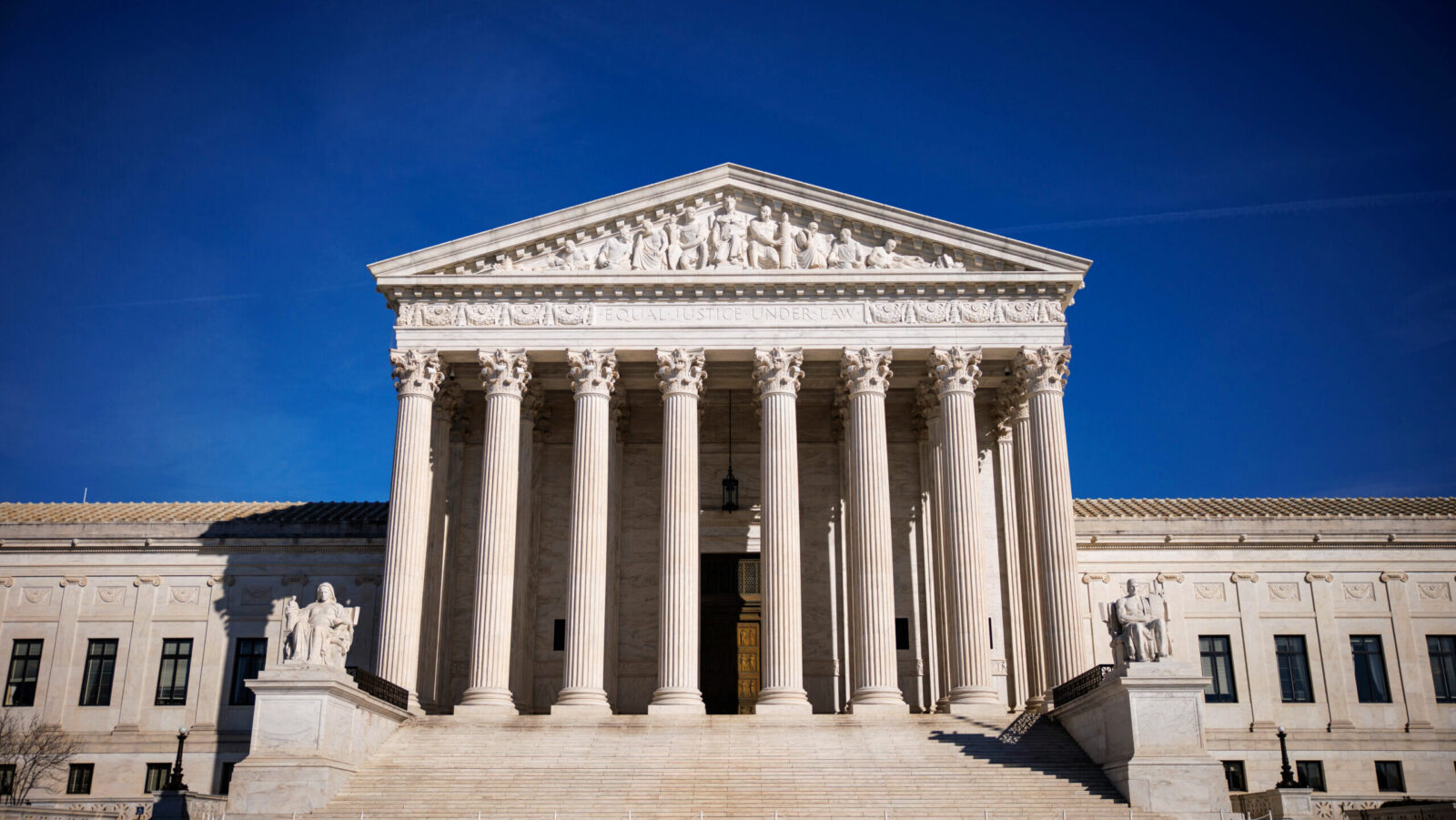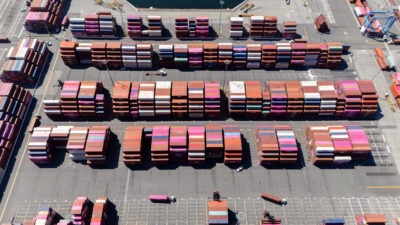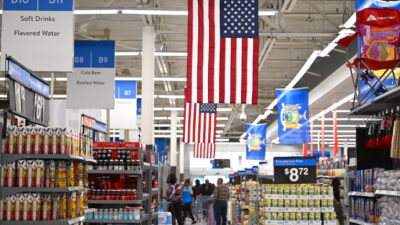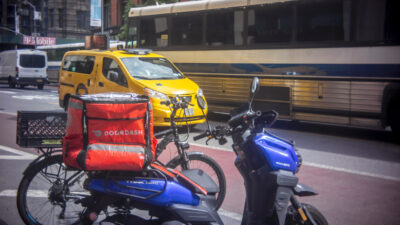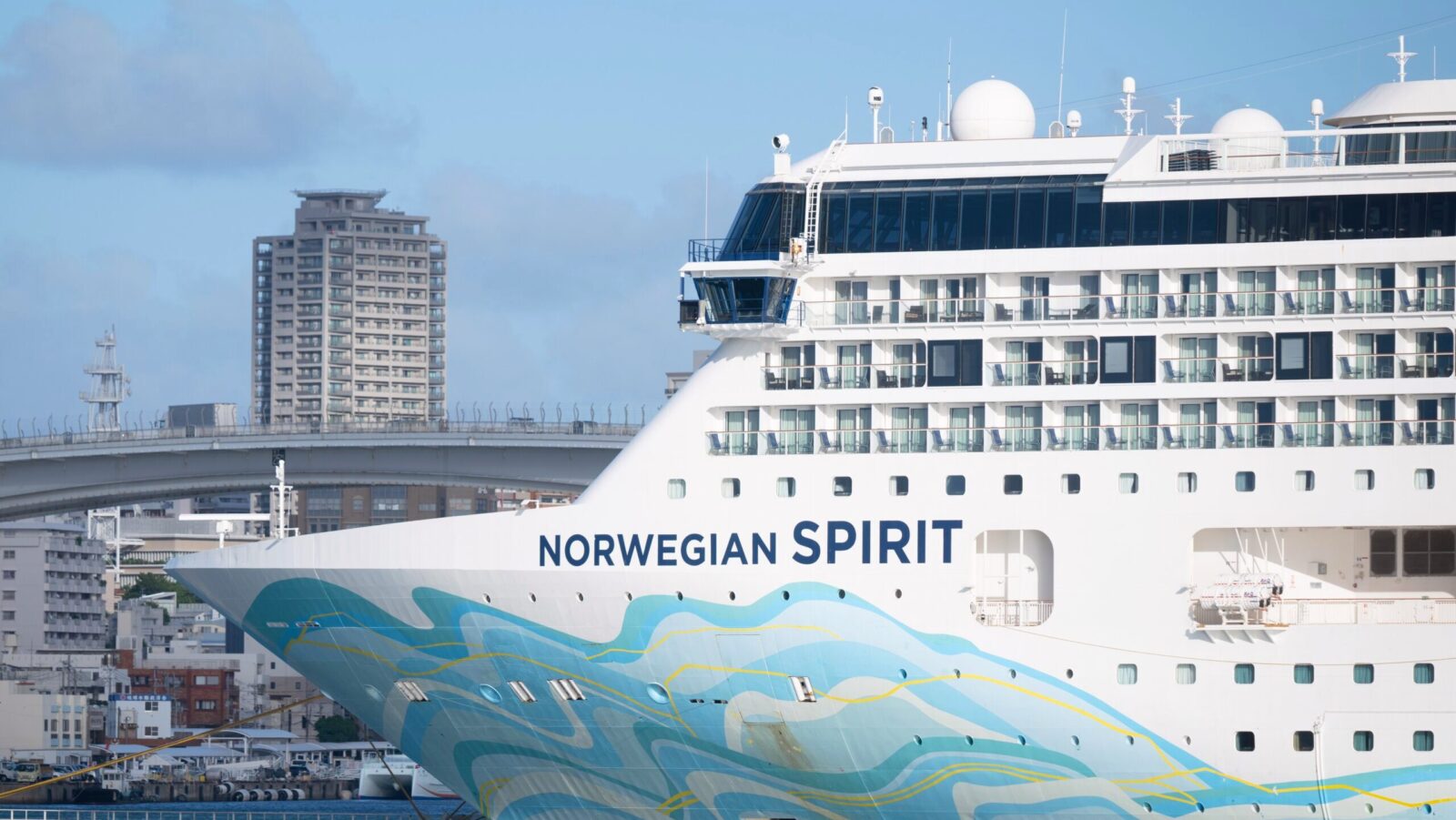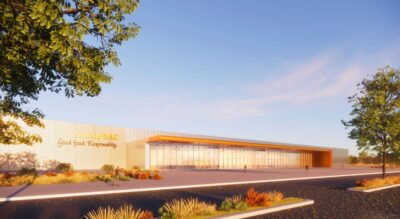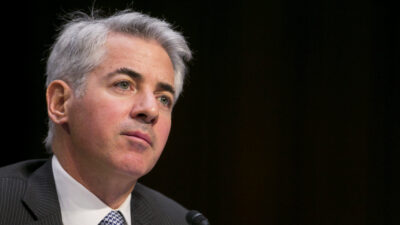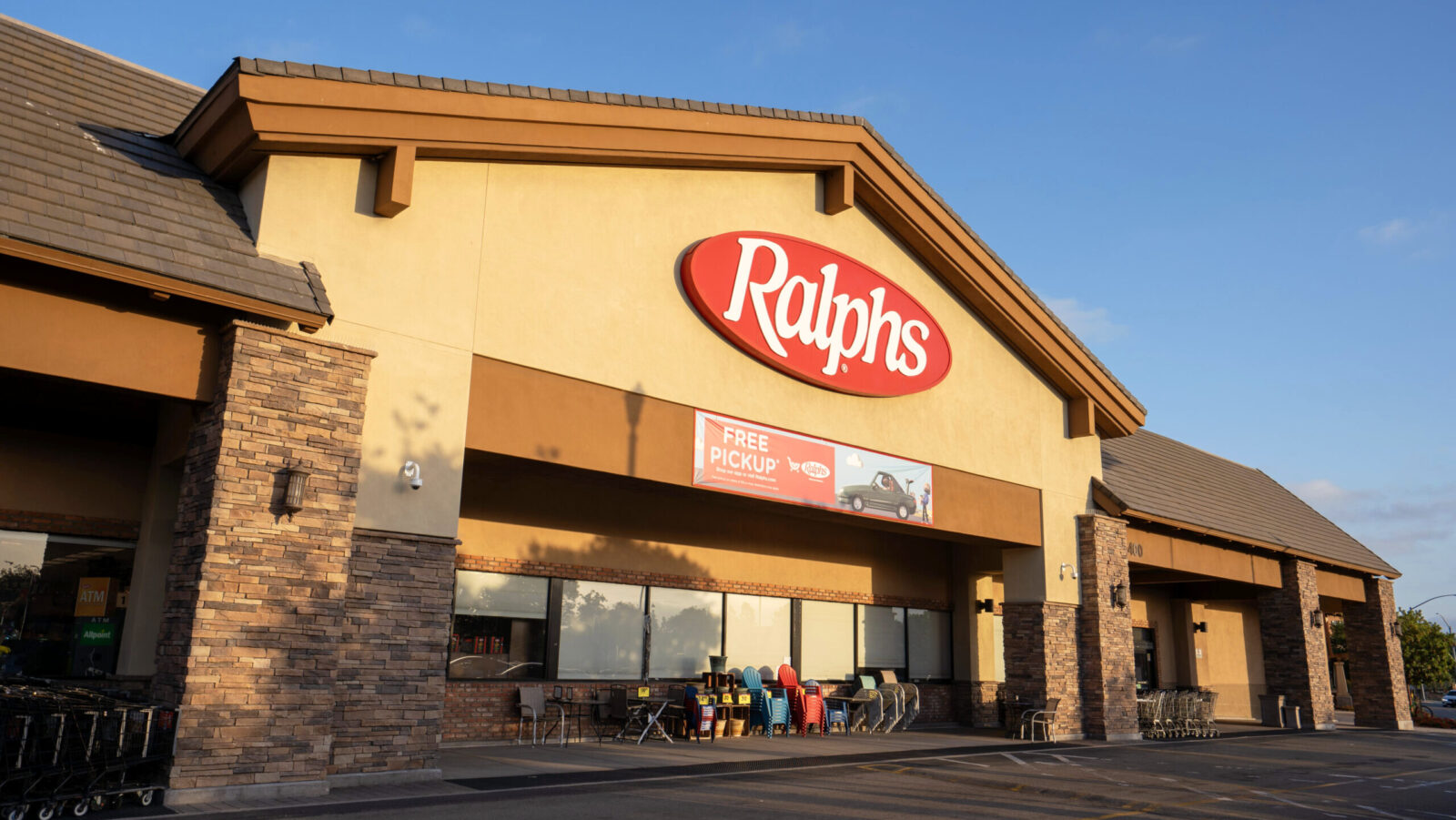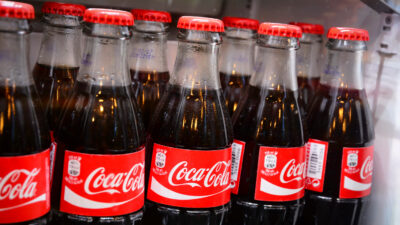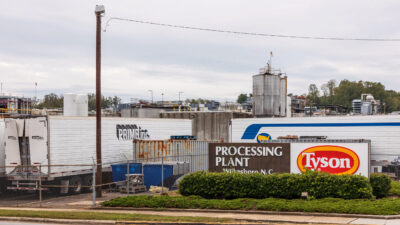Keurig Dr Pepper Adds Peet’s Coffee to Soon-to-Fracture Beverage Empire
After the Peet’s acquisition, Keurig Dr Pepper says it will split into two companies: one focused on coffee and the other on soft drinks.
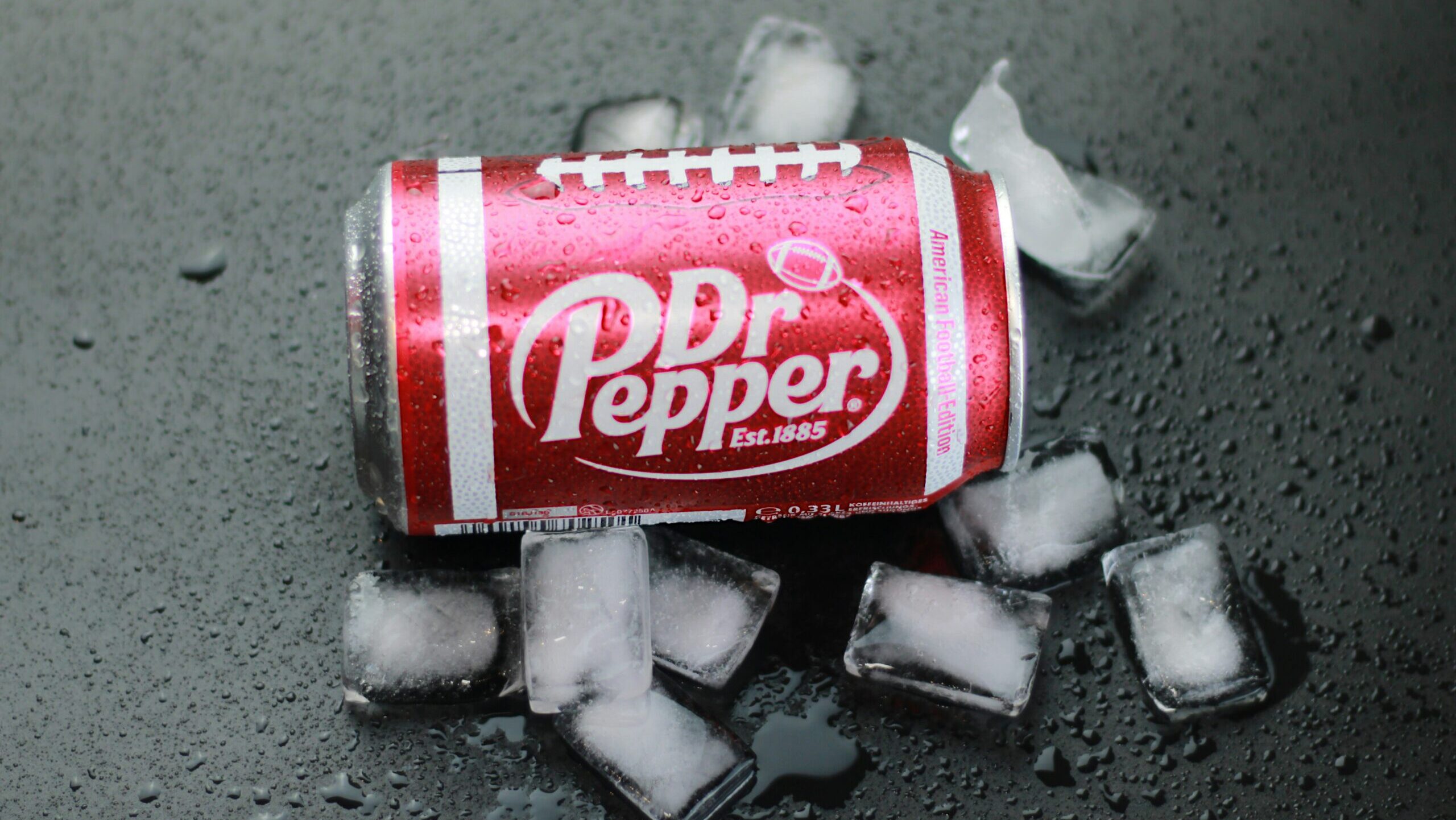
Sign up for smart news, insights, and analysis on the biggest financial stories of the day.
A perfect cup of joe on a groggy morning can feel priceless. Peet’s Coffee can tell you its exact dollar value.
On Monday, the San Francisco-based coffee chain’s parent company — a Dutch coffee and tea conglomerate called JDE Peet’s — announced that it would sell itself to Keurig Dr Pepper for $18 billion. The tie-up, however, is just the first step in Keurig Dr Pepper’s plans for a corporate breakup.
The Doctor (Pepper) Will See You Now
After the JDE Peet’s acquisition, Keurig Dr Pepper says it will split into two companies: one focused on coffee beverages (the Keurig and Peet’s side of the equation), and the other focused on soft drinks and sodas (Dr Pepper’s domain, along with brands like 7Up and Snapple). The split into two independently listed companies comes as the coffee and soft drink industries, broadly speaking, march in different directions. Soda sales have dropped considerably over the course of the health-conscious 21st century, while the coffee market has exploded.
For Keurig Dr Pepper, the shifting tastes have been a mixed bag. Its soft drink business is experiencing something of a revival: The company credited new soda flavors, like Dr Pepper Blackberry, for driving revenue up 11% year-over-year to $2.7 billion in its most recent quarter. Meanwhile, its coffee unit, which consists of both the at-home Keurig K-Cup business as well as the Green Mountain brand, has struggled in the ultra-competitive market. Worse, trade war developments this year are hurting its coffee business on two fronts:
- Earlier this month, the White House imposed 50% tariffs on imported goods from Brazil — including ultra-popular arabica coffee beans; trading futures for the crop have surged about 35% so far this month.
- Meanwhile, the company’s at-home K-Cup brewing machines are now more complicated and costly to produce, also thanks to tariffs. CEO Tim Cofer said last month that “tariff impacts will become prominent” in the second half of the year, with the coffee business’s performance likely to be “subdued.”
JAB Left, JAB Right: Cofer said the company projects that folding in Peet’s will give the standalone coffee business $16 billion in global sales, in addition to $400 million in cost savings. The beverage unit is projected to have $11 billion in global annual sales. The tie-up isn’t too surprising, either, given that the two sides share some mutual parentage. European investment group JAB Holding is a controlling shareholder in JDE Peet’s as well as a minority shareholder in Keurig Dr Pepper.
